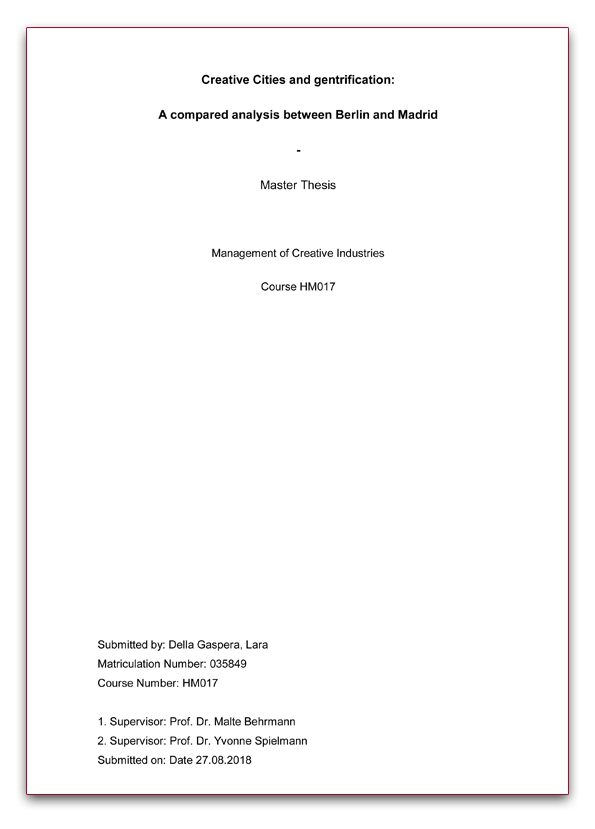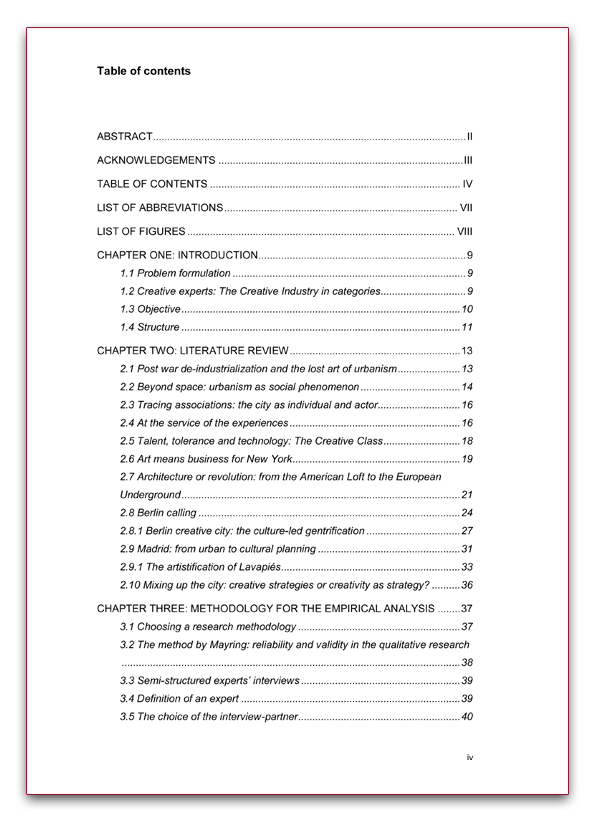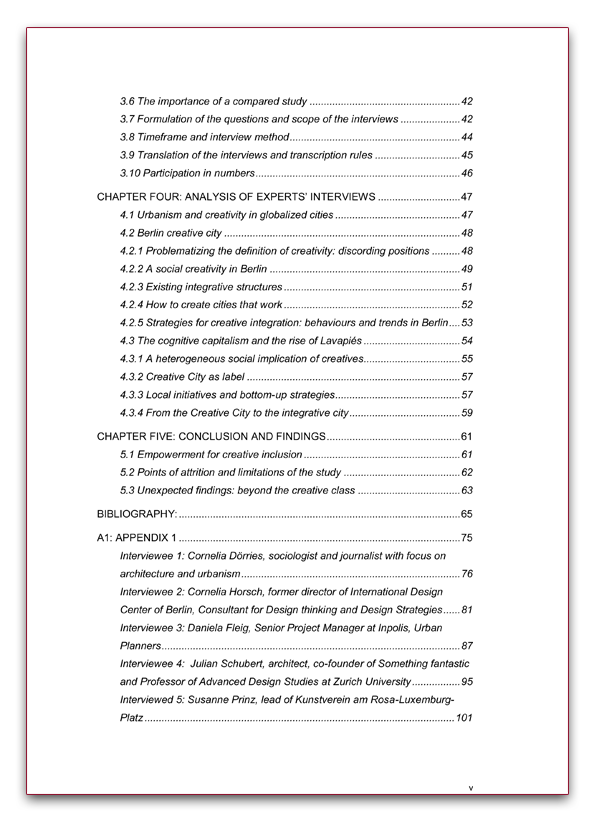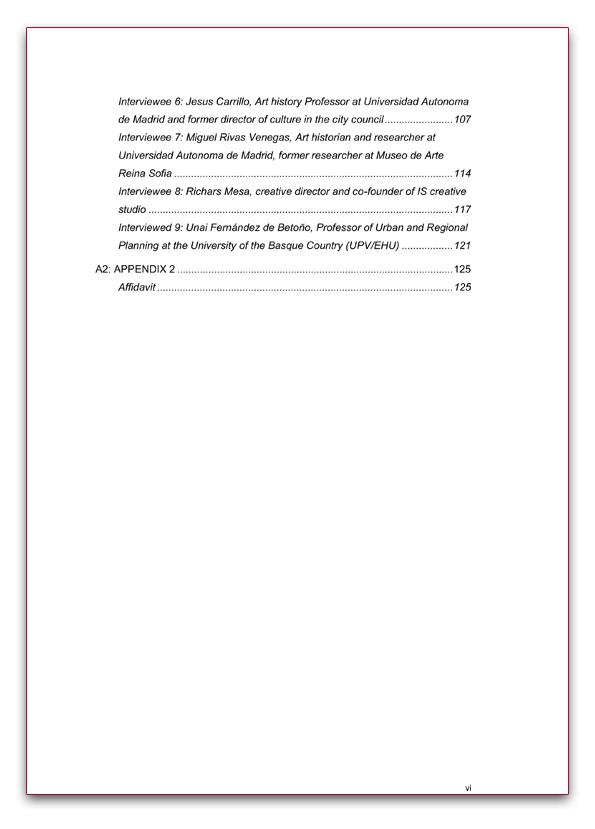
Creative Cities and gentrification: A compared analysis between Berlin and Madrid
The high-speed urban development of contemporary cities forces their inhabitants to the confrontation with severe phenomena of gentrification. In parallel, definitions such as Creative City, raise awareness on the culture-led strategies for urban renewal at the basis of such processes and on the competitive advantage represented by creativity as a commodity for the global economy.
Starting from this basis, it is necessary to critically analyse how its relevance as marketing strategy has been applied to specific areas such as Berlin and Madrid, in the attempt of attracting benefits under the roof of culture. This dissertation follows an explorative design, with as final purpose not only to highlight the connections between creativity and urban development and problematize evident cases of over-urbanization but also to research new, contemporary, strategies and best practice cases for social integration within the creative industry.
The qualitative research, based on interviews with experts in the fields of architecture and urbanism, shall serve as basis for future additional research and demonstrate that, if there is a sense of belonging to a certain class, perhaps the creative class, and if cities are being shaped by those creatives, their role becomes fundamentally social. Such professionals could, in this vision, adopt a proactive role, becoming the drivers and the strategyzers for social inclusion, in cooperation with the citizens. Political forces and municipalities should, however, facilitate this by fostering proper working conditions and adequate funding within the cultural sector.
EditionNo. 1AuthorLara Della GasperaMAMaster of ArtsYear2019Download PDFcreativeindustries.berlin



